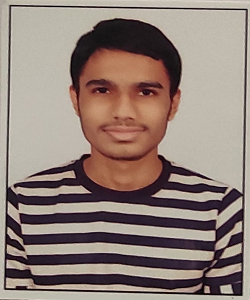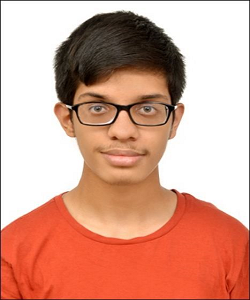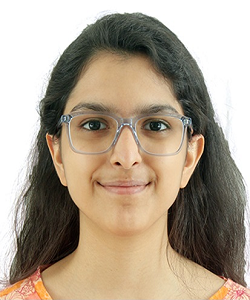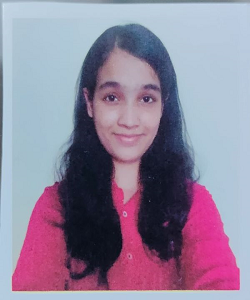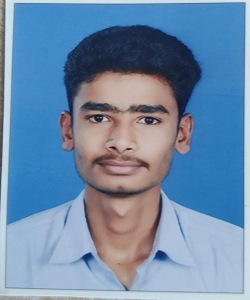Engineering Science and Humanities
Home » Departments » Engineering Sciences » About Department
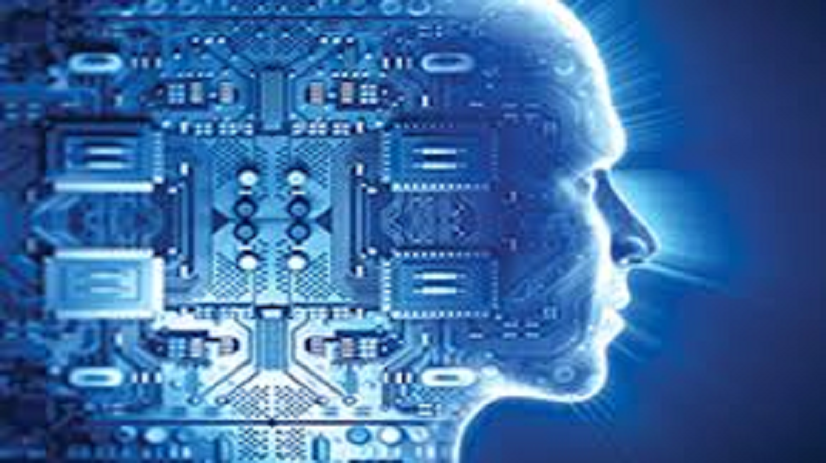
The Department of Engineering Sciences was established in the year 2006 with an objective to provide quality education to students. Sanctioned intake of students is 540 with five branches Mechanical, Electronics & Telecommunication, Electrical, Computer and Information Technology.
The Department functions with a vision of empowering engineering aspirants with knowledge, skills and moral values. It thus believes in imparting broad theoretical and practical knowledge of Basic Science and Engineering to the students that can be applied for betterment of Society. The department continues imparting teaching and promotes practical aspects of Engineering Sciences to lay the foundations of Engineering. To achieve this goal, the department has well experienced proficient, enthusiastic, qualified and committed faculty members who are not only involved in teaching but also research activities. The department has well equipped spacious laboratories for the practical work in Physics, Chemistry, Civil and Fundamentals of Programming language.
Best practices adopted at First Year Engineering Level Focussed teaching with adequate number of unit tests to make the students ready for SPPU Online examinations and Theory examination Effective Teacher Guardian scheme to mentor the students by monitoring the attendance and to solve academic and non-academic problems through counselling
Continual interaction with parents regarding the progress of their ward, through SMS facility, Phone calls and planned Parent-Teacher meetings
Individual E-mail ID to students to communicate with the teachers and fellow students
Effective communication with students through Google-Apps facility to share soft copies of course work, university question papers, e-books related to the subject, co-curricular information etc.
Organization of guest lectures on personality development, counselling of the students regarding preparation for engineering examination etc. for overall development of the student Conduction of remedial lectures for the students who lag behind in academics
Counselling sessions for needy students at individual level through professional counsellor, which help them to deal with study related as well as personal problems Participation in Extra-curricular and Social activities
Our students participate in competitions like Paper presentation, Purushottam Karandak, Pu. La. Karandak, Firodia Karandak, Intercollegiate Competitions, Youthopia etc. organized by various colleges and are performing very well. The students also take part in Bharat Swachchata Abhiyan through NSS, Blood donation camps, etc. as a part of Social activities.
Vision
To aspire for the Welfare of Society through excellence in Science and Technology.
Mission
- Mould young talent for higher endeavours.
- Meet the challenges of globalization.
- Commit for social progress with values and ethics.
- Orient faculty and students for research and development.
- Emphasize excellence in all disciplines.
Program Educational Objectives (PEOs)
- PEO1: To impart core knowledge and develop skills to identify, analyze and solve electrical engineering problems.
- PEO2: To inculcate professional ethics and usage of modern tools as per technological advancements to achieve sustainable career growth.
Programme Outcomes (POs)
A Graduate of the Computer Engineering Program will be able to
- Engineering Knowledge: Apply the knowledge of mathematics, science, engineering fundamentals, and an engineering specialization to the Solution of Complex engineering problems.
- Problem Analysis : Identify, formulate, review research literature, and analyze complex engineering problems reaching Substantiated conclusions using first principles of mathematics, natural sciences, and engineering sciences.
- Design/Development of Solutions: Design solutions for complex engineering problems and design system components or processes that meet the specified needs with appropriate consideration for the public health and safety, and the cultural, societal, and environmental considerations.
- Conduct Investigations of Complex Problems: Use research-based knowledge and research methods including design of experiments, analysis and interpretation of data, and synthesis of the information to provide valid conclusions for complex problems.
- Modern Tool Usage: Create, select, and apply appropriate techniques, resources, and modern engineering and IT tools including prediction and modeling to complex engineering activities with an understanding of the limitations.
- The Engineer and Society: Apply reasoning informed by the contextual knowledge to assess societal, health, safety, legal and cultural issues and the consequent responsibilities relevant to the professional engineering practice.
- Environment and Sustainability : Understand the impact of the professional engineering solutions in societal and environmental contexts, and demonstrate the knowledge of, and need for sustainable development.
- Ethics : Apply ethical principles and commit to professional ethics and responsibilities and norms of the engineering practice.
- Individual and Team Work Function effectively as an individual, and as a member or leader in diverse teams, and in multidisciplinary settings.
- Communication: Communicate effectively on complex engineering activities with the engineering community and with society at large, such as, being able to comprehend and write elective reports and design documentation, make elective presentations, and give and receive clear instructions.
- Project Management and Finance: Demonstrate knowledge and understanding of the engineering and management principles and apply these to one’s own work, as a member and leader in a team, to manage projects and in multidisciplinary environments. 12. Life-long Learning Recognize the need for, and have the preparation and ability to engage in independent and life-long learning in the broadest context of technological change.
Programme Specific Outcomes (PSOs)
Electrical Engineering graduates will be able to:
- Design, develop and test AC-AC, AC-DC and DC-DC converters, variable DC power supply by using power electronics components to fulfill electrical engineering requirements.
- Design and develop LT distribution and PLC control panel using suitable switchgears, sensors, Push buttons, Selector switches as per IEC standards and integrate it in smart automation.
- Design and compute PV cell/PV array performance parameters, simulate/analyze the PV system performance, estimate the cost and payback period of the solar PV system to experiment and build a solar PV system.

